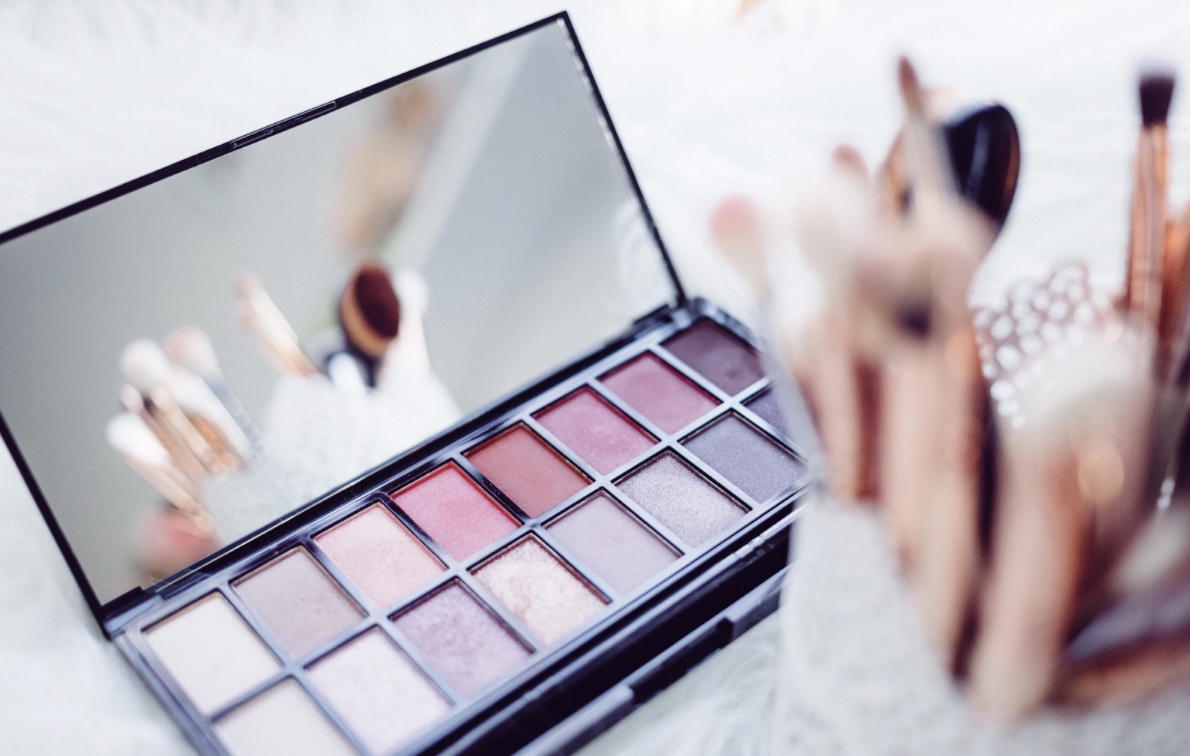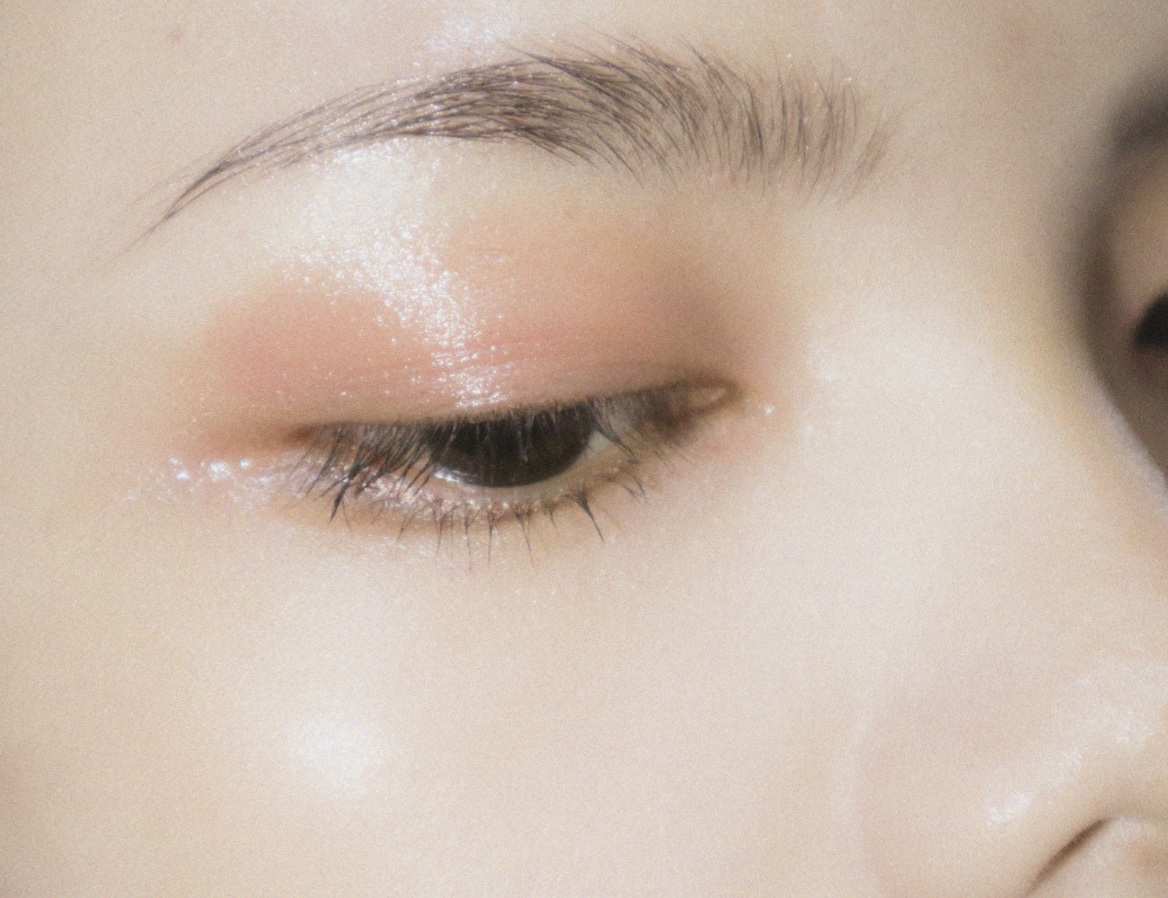The right hygiene and beauty products can do wonders for our health and self-esteem. However, people rarely opt for the right products on the first try. This is because the world of skincare and beauty is rather complex, and it’s important to understand exactly what the formulas they are curated with do to your skin to receive the best treatment possible. On that note, to improve vitality and have a healthier, glowing complexion, follow these 6 useful tips to choose the best products for your skin type.
Chapter Overview
1. Know Your Skin Type
When people first start developing a skincare regimen, prioritizing their hygiene, and choosing beauty products, they usually have difficulty creating an effective regime. This is because most people don’t know their skin type. Many first-timers admit to feeling that their skin became worse after adopting a skincare routine, were more prone to skin irritations and acne, and do not know what ingredients are in their products. You can research your skin type or consult a dermatologist. A quick way to get an idea of your skin type is to leave your skin untouched (do not apply moisturizer or any product) for an hour after bathing. If by the end of that hour you feel your skin feels oily, you have oily skin, if your face is dry, this indicates that your skin type is dry; if your cheeks are dry and your T zone is oily, you have combination skin.
2. Less is More
Another mistake many people make when choosing hygiene and beauty products is that they apply too many products onto their skin. Less is more when it comes to skin health. Furthermore, avoid putting products you have not tried before without doing a patch test first. Even after researching a product’s ingredient list, a patch test is vital to ensure the formula will not cause you any discomfort. If you notice any redness or itching, discontinue use. Skin sensitivity is one of the most common reasons why people need to know what products suit their condition and why you should never apply too many products.
3. Look for Clean Beauty Practices
Luckily, ethical business practices are more widespread today, which is why it’s easier to find clean, natural products. By paying attention to vegan and organic labels on products that offer no toxic chemicals, you are making the world a better place. Choosing the best cruelty-free beauty products isn’t only the ethical choice, but it’s better for your health too. Many products from shampoos, conditioners, lotions, and cleansers are filled with toxins and parabens that affect our skin. These formulas cause the skin to absorb chemicals that do more harm than good. The same goes for makeup, choosing products that aren’t non-comedogenic will result in clogged pores, acne, aging acceleration, and affect your skin’s pH balance.
4. Study Ingredients and Formulas
As mentioned above, it’s so important to know what ingredients are used to formulate a product. Learning which ingredients to avoid will do wonders for your skin. Makeup and hair and skin care products that contain fragrance, parabens, sodium laureth sulfate, formaldehyde-releasing preservatives, and phthalates are just a few of the ingredients to watch out for. Furthermore, be sure to check the expiration date of your products before applying them to your skin.
5. Buy from Trusted Companies
In today’s digital world, a quick google search can help you find trusted companies who formulate their products with clean and ethical practices. However, be mindful of the fact that some labels can be deliberately misleading, so do not rely on the product packaging itself to give you an honest review. Take the time to research brands and compare reviews to ensure that the business is indeed credible.
6. Consult a Dermatologist
Dermatologically tested stamps on products are usually your best bet at ensuring you’re applying a trusted product onto your skin. However, this doesn’t always mean that the formula used is going to be beneficial for your skin. If you are struggling to find a hair, face, skin, or makeup product that doesn’t have any harmful side effects for your skin type, it may be a good idea to consult a dermatologist to understand how to choose products pertaining to your needs. As mentioned above, not knowing your skin type could be the reason you have trouble maintaining healthy-looking skin.

Choosing the right products for your health and hygiene is a vital part of ensuring your well-being. By following the aforementioned 6 tips, you are ensuring good skin health and preventing a lot of skin health issues that can occur down the road. Take the time to inform yourself of toxic ingredients to avoid and learn about what’s best for your skin.

